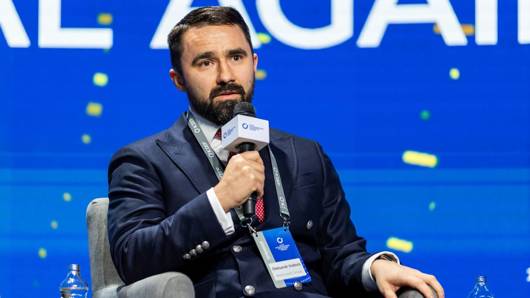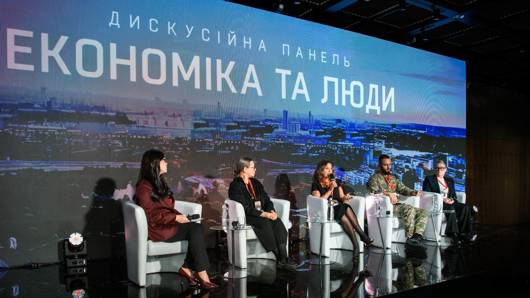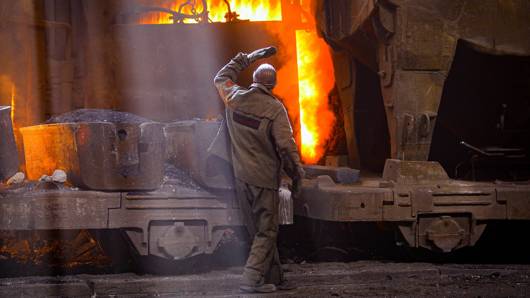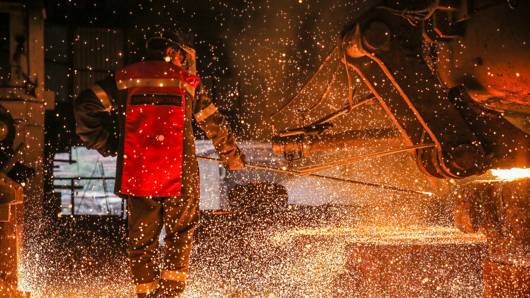Metinvest Group is among the 50 best employers in Ukraine, according to a rating by NV magazine and Odgers, the international executive search and leadership assessment company.
The rating is based on the implementation of employee programmes. For potential candidates, it highlights the companies in Ukraine making the greatest efforts to support their people during the war.
NV and Odgers selected 152 of the largest companies in Ukraine by revenue and number of employees, grouped them by industry and invited them to take part in the rating. Overall, 89 agreed to do so by completing detailed questionnaires. Ultimately, the final list included 50 companies representing 11 sectors of the economy.
The jury evaluated the participants across four categories: support for veterans and their families, diversity and inclusion programmes, employee support in times of crisis, and talent retention and development. The panel included representatives from Odgers Ukraine, the NV media group, Deloitte Ukraine, Wellbeing Company and the European Business Association.
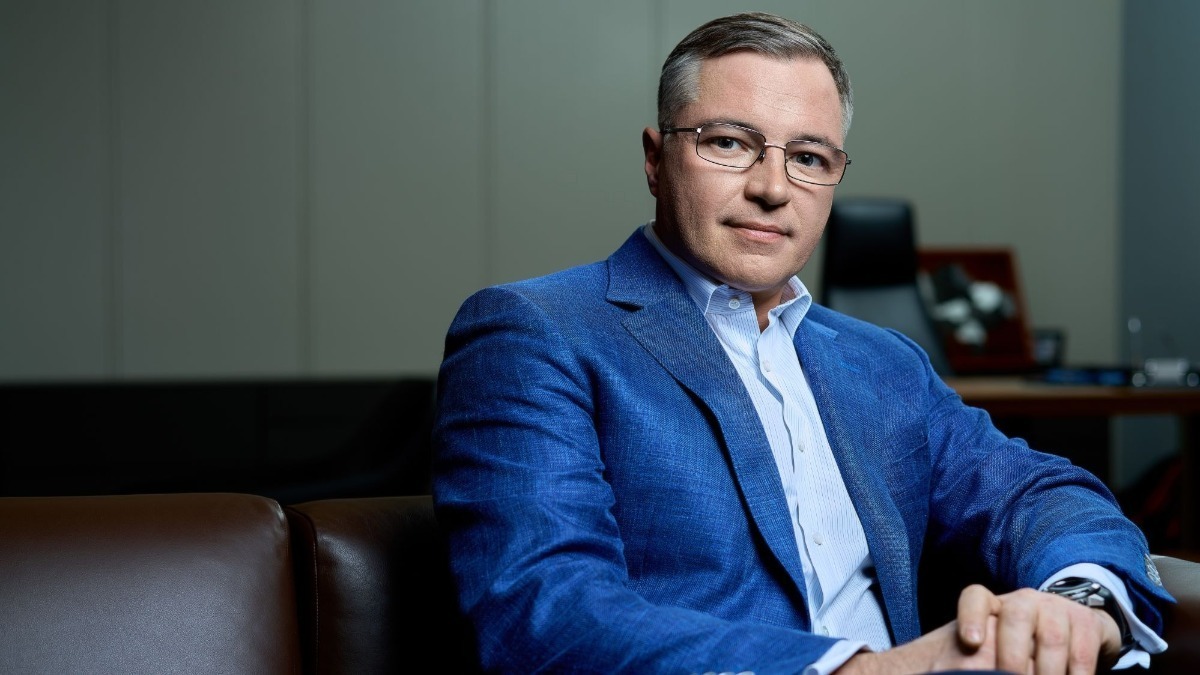
In an interview with NV magazine, Yuriy Ryzhenkov, CEO of Metinvest Group, spoke about the staffing challenges in the mining and metals sector and the ways to overcome them.
– Has the situation in the labour market worsened? Has it become more difficult to find employees? Do you see signs of burnout, which psychologists often talk about?
– Without a doubt. The methods that worked before the war no longer apply. Until 2022, there were queues of people eager to join the Group, but now we face a shortage, with around 4,000 open positions and more than 8,000 employees mobilised. That is why we have shortened our training periods: previously, it took six months to prepare a specialist, whereas now it takes two.
As for people’s psychological state, this is the fourth year of the war and the pressure is evident. Our enterprises operate just 20 kilometres from the front line. That is why support is essential: social programmes, psychological assistance and engagement in volunteering activities. Together, these create a support infrastructure that helps people to stay strong. We emphasise that our employees are no less important for victory than the army itself.
– Name one employee support programme that, in your opinion, has the best impact. And which ones do not work?
– There is no single formula; we apply a range of approaches. Among them are training programmes for women in professions that were once considered male, as well as adapted programmes for people with no prior experience. These include female truck and excavator drivers, and women working as machine operators in production workshops. Women in mining and metals perform just as well as men.
However, our greatest human resource is veterans. We work with not only our own employees who have returned from service, but also other military personnel coming back from the front. This is an enormous source of potential.
– How much have salaries in the Group increased over the past year and since the start of the full-scale Russian invasion?
– In 2024, the average increase was 15%, and for certain professions it reached up to 30%. This year, we have raised salaries for production and service units by up to 20%. Overall, since the beginning of the war, wages have increased by around 50%.
– What challenges have you faced in the process of adapting veterans, and which approach has proven the most effective?
– We already employ around 1,000 veterans. We are creating an ecosystem for reintegration that includes cooperation with veteran organisations, training for new professions, mental health support and mentorship. It is also important to prepare teams for the return of military personnel. Due to injuries, many veterans cannot return to their previous positions, so we provide retraining. The veterans themselves say: “We don’t need anything special; we just want to be part of the team”.
– Is the Group ready to invite employees from abroad if the labour shortage in Ukraine worsens?
– We are focusing on Ukrainians. Our key resources are production automation, the return of people who left the country or relocated to western Ukraine, and educational initiatives. Metinvest Polytechnic already has more than 260 graduates. We also have a pilot project in the UK, where local students of Ukrainian origin come for internships, and some have already chosen to stay and work in Ukraine. In the future, we plan to attract young engineers, as the modernisation of production will require it. But even considering the current shortage, we are confident that we can fill our vacancies with Ukrainian talent.






